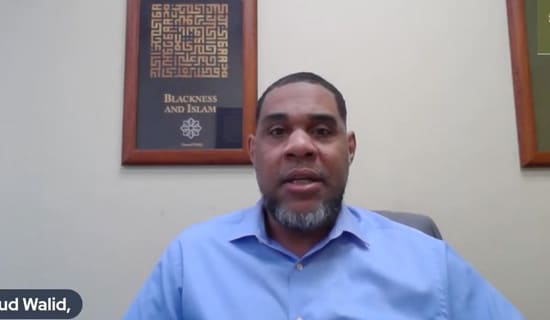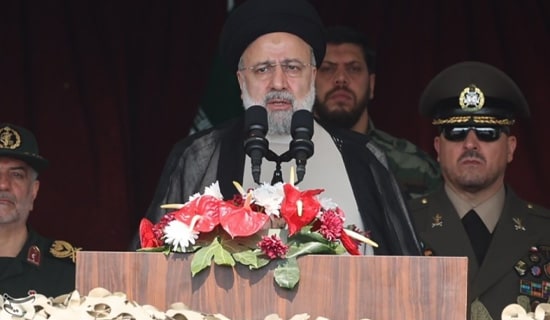In an article in the London Arabic-language daily Al-Sharq Al-Awsat, progressive Iraqi columnist Khalid Al-Kishtayni recorded his childhood recollections of an encounter with an elderly Jew in Iraq. As a child, Al-Kishtayni had heard stories that the Jews would slaughter non-Jewish children in order to use their blood for their rituals, and the encounter therefore left a strong impression on him. The following are excerpts from the article: [1]
"Antisemitism was rife in Europe, and almost non-existent in the Islamic world until Zionism appeared on the scene, of course... One of its manifestations was the belief that the Jews would kidnap and murder [non-Jewish] children during their holidays in order to use their blood in their rituals. The Arabs did not know about this [European belief], but during the 19th century a Muslim boy disappeared in Damascus, and there was a rumor that the Jews had kidnapped him for this purpose. As a result, [some] people did the unforgivable and attacked the Jewish quarter, until the investigation found that one of the European missionaries had circulated the rumor. At that time, when we were children, traces [of this libel] continued to be heard among us, and gained footing even though it had been found to be false.
"As a boy I loved to wander down Al-Rashid Street and through the Christian and Jewish quarters there. [One day] I found myself in the Hanoun market in the Jewish quarter. Suddenly a door opened, and an elderly white-haired man with a long white beard came out... If I had been directing a movie about Zechariah, Luqman [a relative of Job known for his wisdom], or Noah, I could not have found a better character to portray them.
"He raised his hand towards me and beckoned me to come to him. I was overcome by fear, but could not fight the magic in his fingertips, which drew him towards him like a magnet. He opened the door, and told me to go in. I could not disobey, and he led me in with his hand. I began to ask myself whether this was my end. I wished I had not entered! Why couldn't I escape and run back to my family?
SUPPORT OUR WORK

"He asked me what my name was, and I answered [Khaled]. He said: 'Wonder of wonders, [like the name of the Muslim commander] Khaled bin Al-Walid. And where do you live? And how old are you?' I said to myself: 'He is asking how old I am in order to be sure my blood is suitable for the deed. He placed his hand on my head and asked: 'Khaled my son, do you know how to light a fire?' Another wave of terror swept over me. Would he cook me over a fire? He said: 'Show me how you light the fire in the stove.' I took a match, and lit the stove with shaking hand.
"This man, one of the people of the Torah, the Talmud, and the Mishna, kissed me on the head and led me to a room with an antique cupboard. He opened one of the drawers, took out a handful of chocolate, and filled my pockets. He led me, completely amazed, to the door, opened the door, and bid farewell, blessing me, wishing me a long life, and adding: 'Give regards to your father.'
"I left, astounded, and hurried home like somebody who has awakened from a strange dream. I told the story to my father and brothers, and they laughed at me, and said: 'It is the Sabbath. The Jews are forbidden to light fire on the Sabbath. The poor old man was thirsty for a cup of tea.'
"We shared the chocolate, and I spent the rest of the week counting the days until the Sabbath, and then until the Sabbath after that and the one after that. Every Sabbath I went to that same alley, hoping that the white-haired old man would open the door and that I would light his fire, and he would fill my pockets with chocolate. But the door never opened again, and those ancient features, from Biblical times, did not reappear. Recently I have been thinking about knocking on the door and asking: 'My uncle, Abu Sasson, do you need anybody to light your fire?'"
Endnote:
[1] Al-Sharq Al-Awsat (London), April 5, 2005.




